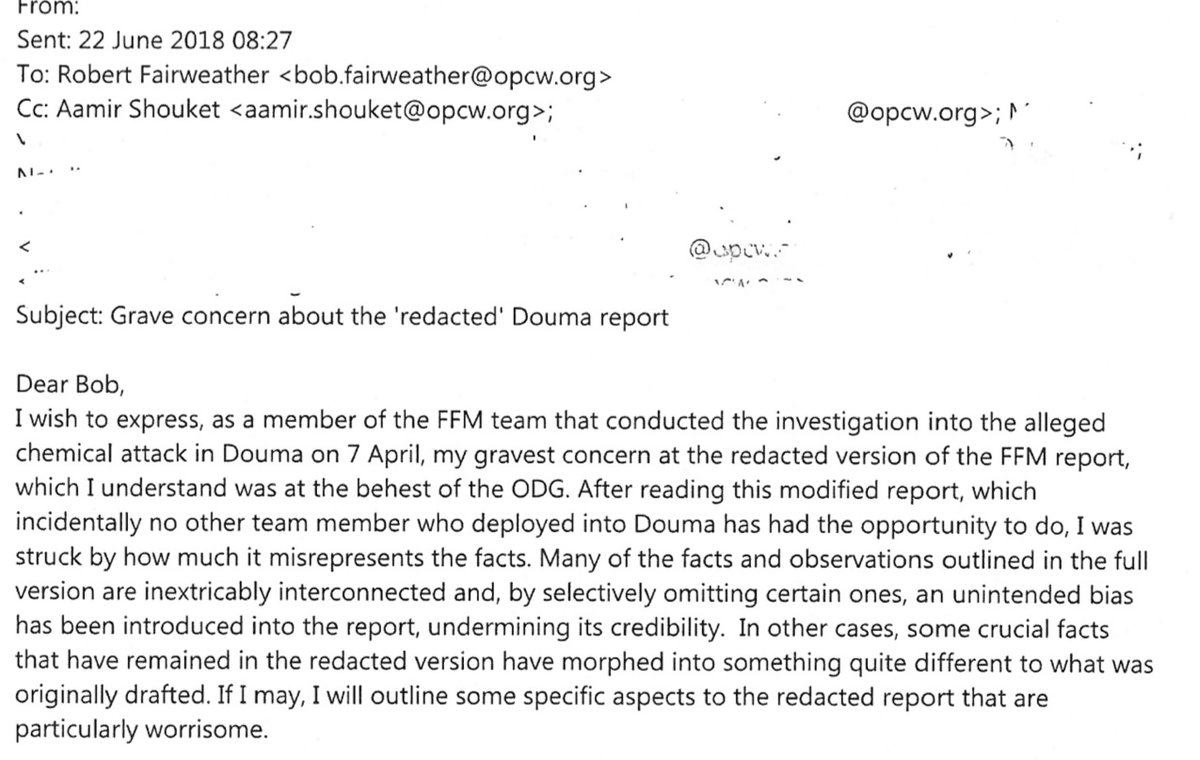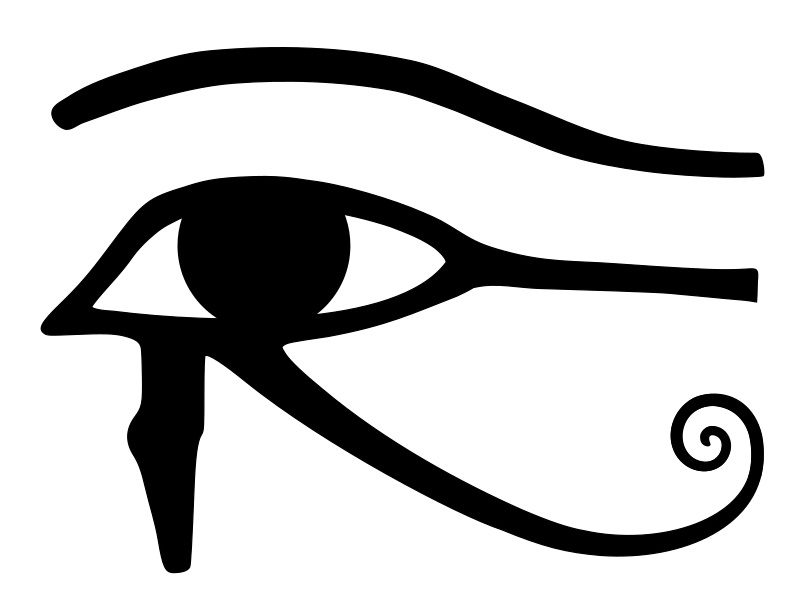You cannot get rich with your money in savings account,
Invest it in appreciating assets.
1. Put your money to work
— Wealthy Brains (@Wealthy_Brains) February 17, 2021
You cannot get rich with your money in savings account,
Invest it in appreciating assets.
As someone\u2019s who\u2019s read the book, this review strikes me as tremendously unfair. It mostly faults Adler for not writing the book the reviewer wishes he had! https://t.co/pqpt5Ziivj
— Teresa M. Bejan (@tmbejan) January 12, 2021
\u201cAllegations of our involvement with the intelligence services are of course false,\u201d says Bellingcat founder @EliotHiggins https://t.co/55V7sJV9or
— UnHerd (@unherd) February 15, 2021




